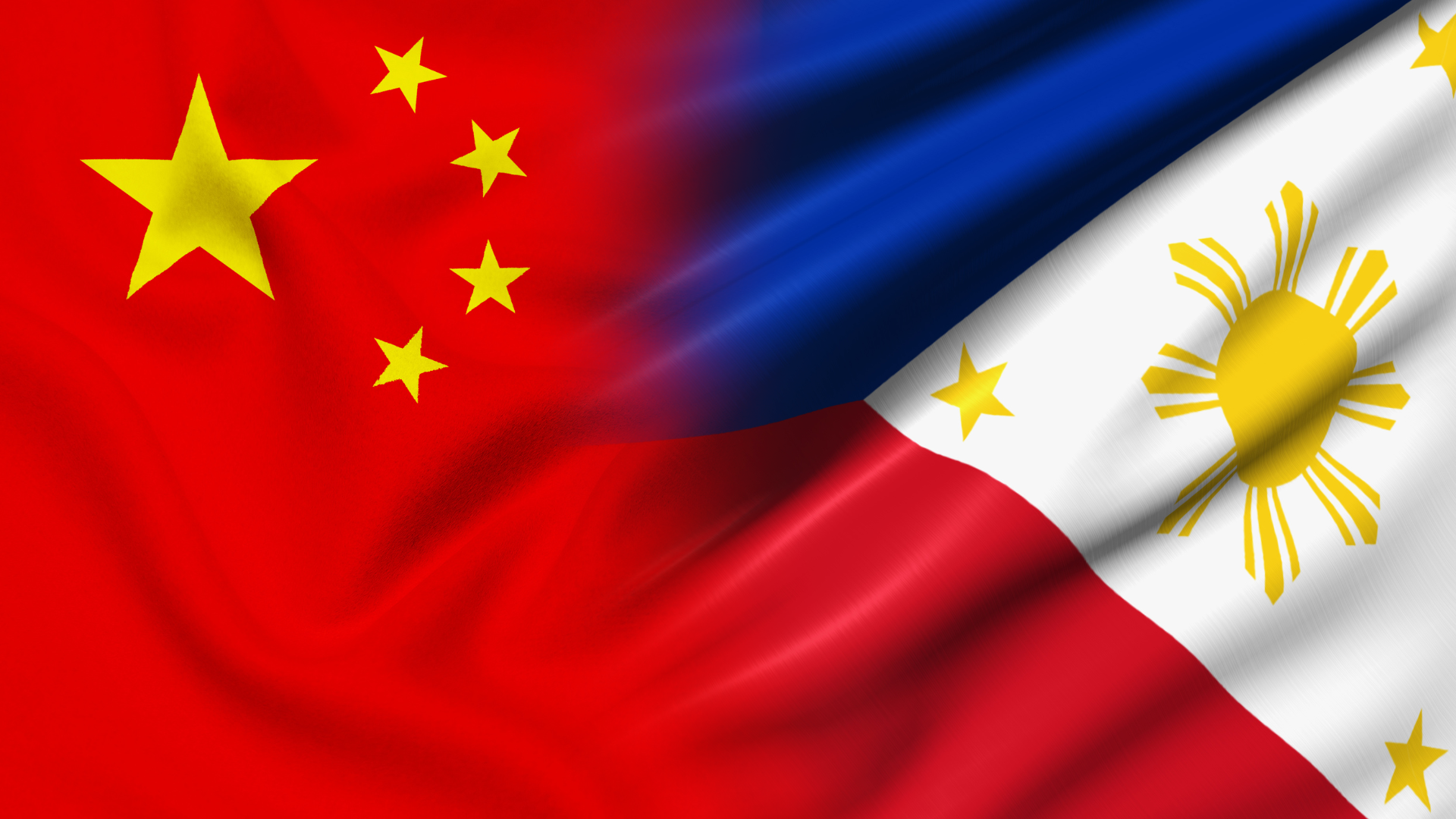Economic retaliation by China is unlikely, according to analyst

Flags of China and the Philippines | STOCK PHOTOS
Despite the ongoing geopolitical tension between the Philippines and China, economists believe that China will not take action to curtail trade activities with the Philippines as China remains the country’s top trading partner.
“It’s certainly a risk that will linger, but I don’t see anything yet in the data to suggest that China is intentionally curtailing trade with the Philippines. I don’t personally think they will go that far, as it would be somewhat self-defeating, with the Chinese economy still not in good shape,” Miguel Chanco, economist at Pantheon Macroeconomics, said in an e-mail.
China remains the Philippines’ top trading partner. Bilateral trade amounted to $3.58 billion in May, of which it registered a trade deficit of $1.89 billion, data from the Philippine Statistics Authority showed. The trade balance showed that the Philippines is importing more than it earns from export sales in China.
READ: West Philippine Sea: Chinese Navy inexperienced in war – PH Navy spox
In the first five months, the Philippines imported $12.99 billion worth of Chinese goods, up by 10.9 percent from the same period last year. This makes China the top importer in the country.
On the other hand, China placed as the fourth-top destination of Philippine-made goods in May with a total export of $847.12 million, down by 24.8 percent from $1.13 billion last year. In the January-to-May period, total sales fell by 21.3 percent to $3.73 billion.
Diplomatic challenges were raised over the past years as President Ferdinand Marcos Jr. chose a more assertive position to counter China’s claims over the disputed South China Sea, including the West Philippine Sea.
Ruben Carlo Asuncion, chief economist at Union Bank of the Philippines, shares the same sentiment, noting that China is likely to protect its generational economic gains and boost its economic growth.
“China is very much aware that the costs are higher if they resort to any form of economic retaliation to any country for that matter,” Asuncion said.
READ: Export group urge PH gov’t to include economic issues in China talks
Looking back, China imposed an export ban on agricultural products, especially bananas, from the Philippines. This was after the Panatag (Scarborough) Shoal standoff between the two nations’s navies in 2012.
“They may do this again to send a signal but agricultural [products] are just a small share of the export profile to China so really won’t affect trade in general much. Minerals like nickel and copper are much more but we don’t see China stopping flows of items critical for its domestic industry,” Sonny Africa, economist and executive director of the Ibon Foundation, said.
In the first five months, exports of bananas amounted to $543.29 million, more than half of the total sales of fruits and vegetables. Mineral products, which includes copper metal and nickel among others, recorded an export value of $2.76 billion during the period. This is equivalent to 8.9 percent of the total sales in the January-to-May period.
Lesser investments
Despite China’s slowing economy, Ibon Foundation’s Africa said that overall Chinese outbound investment continues to rise.
“It’s very possible that the Philippines’ drift to the US and growing tensions in the West Philippine Sea are among the factors discouraging Chinese investor interest in the country. Many other countries also still welcome Chinese investment which reduces the need to invest in the Philippines,”
According to the latest data from the Bangko Sentral ng Pilipinas, China’s investment in the Philippines fell by 54.4 percent to $3.35 million in the first four months from $7.36 million a year ago.
“With the fall in investments, I believe this is rather from domestic economic challenges rather than a deliberate effort versus the Philippines,” UnionBank’s Asuncion said.
China expanded by 5.3 percent in the first quarter, faster compared to 5.2 percent growth in the last quarter of 2023. However, the rising local debt and weak consumer spending may dampen the nation’s growth in the second quarter.
